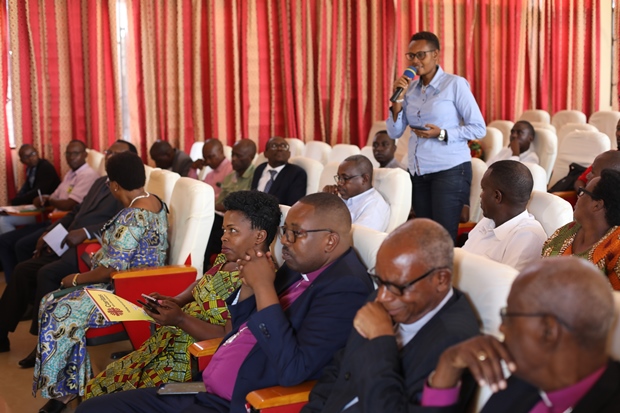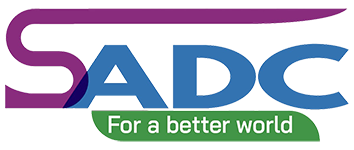Subscribe to get our News
Just sign up to receive our newsletter and you will be kept up to date on all the advances!
The SADC (Anglican Service for Sustainable Community Development) and CARITAS Burundi discribe plastic waste as a silent health threat to Burundian community, especially in urban areas, particularly in the city of Bujumbura.
Through two major environmental protection campaigns Laudato Si and Green Anglican respectively launched by the Catholic Church and the Anglican Church, SADC and CARITAS Burun
The two community development actors have organized a workshop-debate on the current state of plastic waste management and how administrative leaders and faith based organization can collaborate to raise community awareness on good and low-cost waste plastic management. Faith based leaders, local leaders of Bujumbura Township and other representatives of private and public sectors met to reflect together on how the issue of plastic wastes can be better addressed.
For SADC and CARITAS the situation of plastic waste in Burundi and particularly in the city of Bujumbura is a silent killer which threatens the health of the population due to the lack of an appropriate collection and management system of plastic waste. This issue is actually among main sources of silent urban air pollution in Bujumbura.
Following the lack of wrapping mechanism of local food items, the used plastic bottles are an alternative to package those products, thus this practice constitutes a threat to health, especially since these bottles are used several times.The lack of waste management system at public landfills level causes another major problem because sometimes the garbage is burnt, which constitutes a source of air pollution with the consequences on public health as the smoke released affects surrounding communities. SADC and CARITAS are committed to mobilizing community to respond effectively to this threat by adopting the best methods of plastic waste management. These methods will consist of putting plastic wastes in appropriate places; improve the collection and management system. These organizations recommend the effective apply of the law on the protection of environment in general, but particularly the one of plastic waste management.As SADC and CARITAS are affiliated with churches, they count on the support of the Anglican and Catholic leaders to drive behavior change regarding to the use and management of plastic waste by communities.For Professor Théophile NDIKUMANA, who gave a short presentation on how serious this issue is for public health and for social economic initiatives, the commitment of political decision-makers is crucial to change the trend; otherwise this threat will continue to cause many health issues for people who are sometimes unaware of the cause of their health deterioration.
Plastic wastes in Bujumbura, have also affected the aquatic ecosystem of the Lake Tanganyika. The big quantity of plastic wastes ends up in the lake mainly during the rainy season and produces water pollution. Few years ago, the lake could produce big quantity of fishes caught in nearby urban zone but today even in the main fishing ports, it’s reported that fishers have to sail long distances where they expect to catch fishes and suspect the uncleanness of water to be the main cause of the decrease of fishes in the Lake Tanganyika.
Just sign up to receive our newsletter and you will be kept up to date on all the advances!

A Burundian community transformed for holistic development where everyone enjoys a dignified, abundant and fulfilled life.
© 2023 sadc, All rights reserved Design By Afriregister